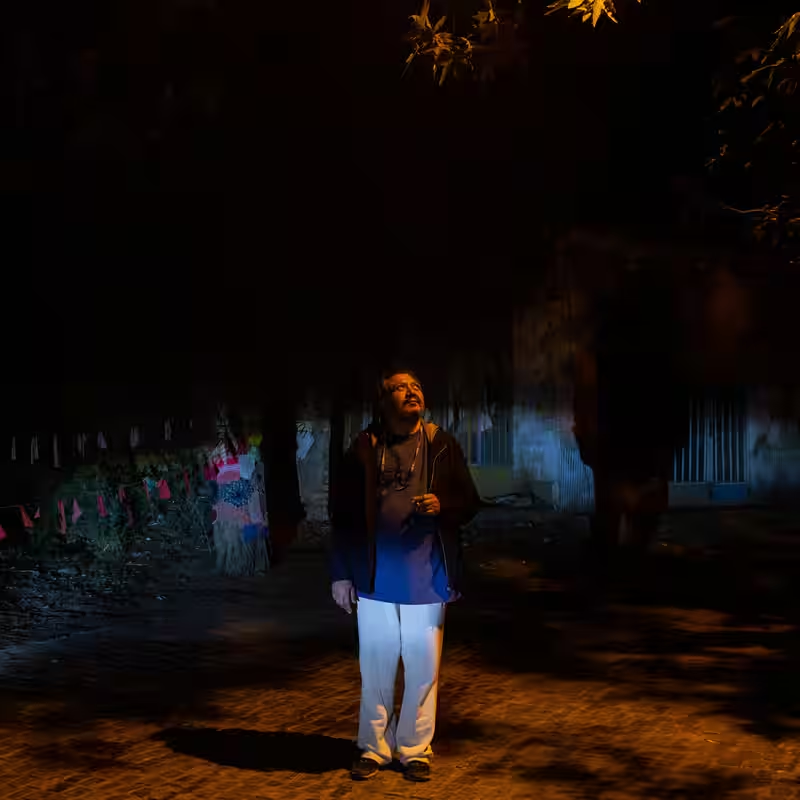Table of Contents
- The Iran Paradox: Medical Haven or Human Rights Nightmare?
- Forced Surgeries: A Legacy of Coercion
- Medical Tourism Boom: Cheap Surgeries, Luxury Packages
- Voices from the Ground: Hope, Regret, and Survival
- Safety and Ethics: Are Rapid Surgeries Risky?
- Sources
The Iran Paradox: Medical Haven or Human Rights Nightmare?
Iran is fast becoming a global hotspot for gender-affirming surgeries—but behind the glossy brochures and luxury hotel packages lies a disturbing reality. While transgender foreigners are welcomed with open arms and affordable care, many Iranian LGBTQ+ citizens are pressured, even forced, into life-altering procedures they never wanted.
This contradiction has turned Iran into what some call a “transgender paradox”: a country that subsidizes gender transition surgery while criminalizing homosexuality and non-binary identities. For decades, Iran has performed more gender reassignment surgeries than most Western nations—not out of compassion, but coercion.
Forced Surgeries: A Legacy of Coercion
The roots of Iran’s surgical policy trace back to a 1980s fatwa by Ayatollah Ruhollah Khomeini, which permitted transgender people to legally change gender—but only if they underwent surgery. On paper, it seemed progressive. In practice, it became a tool of state control.
Gay men and lesbians, facing the death penalty or public flogging under Iran’s strict anti-LGBTQ+ laws, were often told their only escape was to “become” the opposite gender. According to a 2015 United Nations report, many underwent procedures without informed consent, resulting in botched operations, chronic pain, infections, and psychological trauma.
“If you identify as trans but don’t want surgery, you’re breaking the rules,” explains Zara Saeidzadeh, a gender scholar at Örebro University who has studied Iran’s trans policies for over a decade. “Your life is threatened.”
Medical Tourism Boom: Cheap Surgeries, Luxury Packages
Now, with its economy battered by sanctions and regional instability, Iran is aggressively marketing itself as a destination for transgender medical tourism. Companies like MabnaTrip and IranMedTour promise all-inclusive packages: surgery, five-star hotels, airport transfers, and even guided tours of Tehran—all for a fraction of Western prices.
| Country | Average Cost of Gender Confirmation Surgery |
|---|---|
| United States | $45,000 |
| Thailand | $30,000 |
| Iran (private clinic) | $12,000 |
| Iran (government hospital) | As low as $4,500 |
Patients from Australia, the U.S., Canada, and neighboring Iraq—where such care is banned—are drawn by these prices. Sam, a 32-year-old trans man from California, is currently in Tehran for a hysterectomy and metoidioplasty. “I believe Iranian surgeons are more confident,” he said, requesting anonymity.
Voices from the Ground: Hope, Regret, and Survival
Not all stories are positive. Raha Ajoudani, a 20-year-old trans woman, fled Iran in 2024 to avoid forced surgery and state persecution. “I never wanted surgery,” she said from Germany. “I define myself outside the binary. I refused Khomeini’s fatwa—and paid the price.”
Meanwhile, Iranian trans activist Saman Arastu, who did undergo surgery, calls the medical tourism push a “show.” He warns: “Iran is not a paradise for trans people. The situation is dire.”
Even foreign patients acknowledge the moral tension. Eric, a Canadian trans man who traveled to Iran for affordable care, admitted: “I’m happy trans people can access surgery here—but I’m heartbroken that gay people are forced into it just to survive.”
Safety and Ethics: Are Rapid Surgeries Risky?
Experts warn that Iran’s push for volume over care raises red flags. Some tour operators advertise full surgical transitions in as little as one week—far shorter than the months of psychological evaluation and preparation recommended by global medical standards.
Dr. Shahryar Cohanzad, a Tehran-based urologist with 35 years of experience, calls this “dangerous.” He stresses that “spending time with the patient is critical,” yet many clinics prioritize speed to maximize profits.
Activists have likened some Iranian gender clinics to “butcher shops,” citing severe complications from rushed procedures. The 2015 UN report documented cases of “abnormally shaped sexual organs,” chronic pain, and life-threatening infections.




